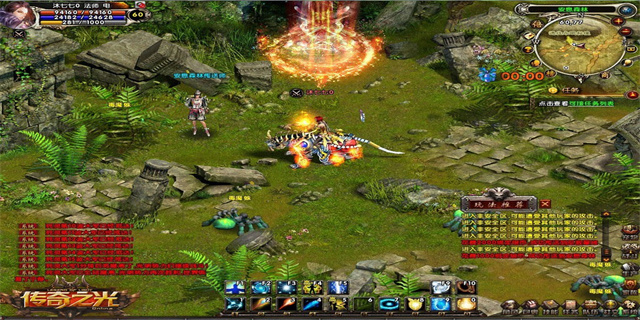The Power of Language
Introduction
Language is an integral part of human culture and society. It is a tool that enables communication, expression, and understanding among individuals. From the moment we are born, we are immersed in a world rich in language, spoken and written. This article explores the various aspects of language, its influence on our lives, and how it shapes our thoughts and worldview.

The Evolution of Language
The origins of language can be traced back to the early stages of human evolution. Over thousands of years, language has evolved from simple sounds and gestures to complex systems of words, grammar, and syntax. It has enabled humans to not only communicate their immediate needs and desires but also to express abstract concepts, share stories, and even create art and literature.

The Power of Words
Words have the power to inspire, motivate, and unite people. They can also be used to manipulate, deceive, and hurt. The power of words lies in their ability to convey meaning and evoke emotions. Whether spoken or written, words have the potential to shape our thoughts, influence our behavior, and impact our relationships with others.
Language and Identity
Language plays a crucial role in shaping our individual and collective identities. It is through language that we express our cultural heritage, traditions, and values. It allows us to connect with others and form bonds based on shared language and experiences. Language not only reflects who we are but also helps to define and shape our sense of self.
The Influence of Language on Thought
Language not only enables communication but also shapes the way we think and perceive the world around us. Different languages have different structures, vocabularies, and grammatical rules, which can influence the way speakers view and interpret reality. For example, some languages have specific words to describe concepts that may not exist in other languages, leading speakers to think about these concepts in different ways.
The Role of Language in Society
Language is not just a means of communication; it is also an instrument of power and control. Throughout history, language has been used to unite communities, mobilize movements, and assert dominance. It has been used by rulers and governments to impose their ideologies, by advertisers and marketers to influence consumer behavior, and by individuals to express their opinions and advocate for change.
The Importance of Multilingualism
In an increasingly globalized world, being multilingual has become a valuable skill. Multilingualism not only enables better communication and understanding between cultures but also enhances cognitive abilities and problem-solving skills. It allows individuals to bridge gaps, build connections, and navigate different cultural contexts with ease.
Conclusion
Language is a powerful tool that shapes our thoughts, influences our behavior, and connects us to others. It plays a vital role in our personal and collective identities, as well as in our understanding of the world. By recognizing the power of language and embracing multilingualism, we can foster greater understanding, empathy, and appreciation for the diverse cultures and perspectives that make up our global society.




























